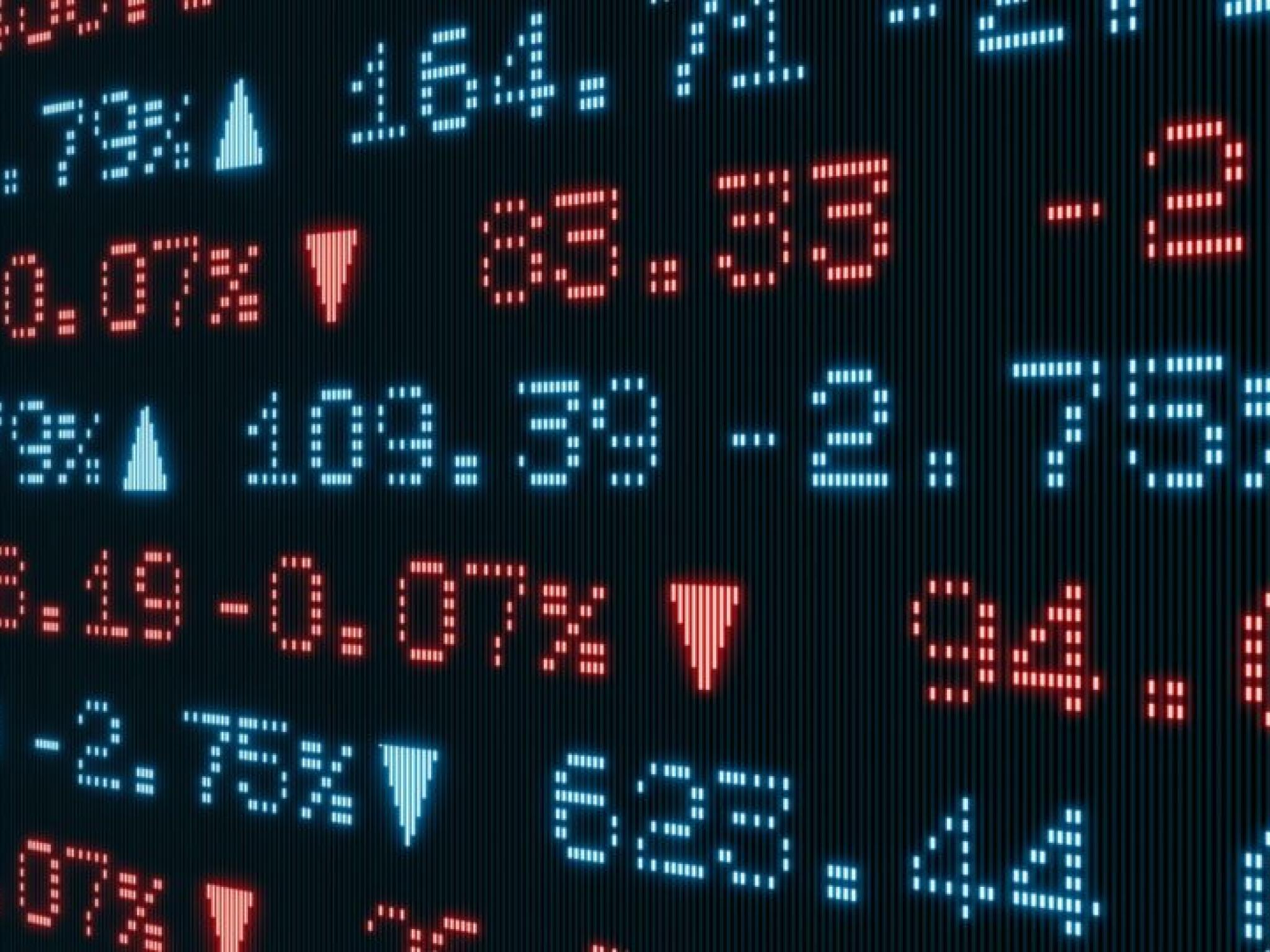
On Monday, Tom Lee, Chief Investment Officer at Fundstrat Capital, predicted that the S&P 500 tracked by SPDR S&P 500 (NYSE:SPY) will rally to 6,300 by year-end, citing favorable market conditions and historical patterns that point to continued strength in December.
What Happened: Speaking on CNBC’s “Squawk Box,” Lee outlined four key factors supporting his bullish outlook: strong December seasonality, falling 10-year Treasury yields, contrarian sentiment indicators, and dual market support from both Federal Reserve and presidential policies.
“December has been up 100% of the time when the market is up more than 10% in the first half of the year during election years,” Lee said, emphasizing the historical precedent. He noted that the 10-year Treasury yield’s retreat to 4.1% creates conditions favorable for multiple expansion.
Lee’s optimistic view extends to cryptocurrency markets, where he projects Bitcoin (CRYPTO: BTC) will surpass $100,000 by year-end, with the potential to reach $250,000 by the end of 2025. His cryptocurrency forecast aligns with recent market momentum, as Bitcoin trades near $95,870, despite recent volatility.
Why It Matters: The strategist’s S&P 500 target stands between competing Wall Street forecasts. Bank of America Securities recently projected the index will reach 6,666 by the end of 2025, representing a 10% increase from current levels. The S&P 500 closed at 6,047.15 on Monday, marking continued momentum in the broader market rally.
Lee addressed concerns about proposed tariffs under President-elect Donald Trump‘s administration, suggesting they could serve as effective negotiating tools without significantly hampering corporate profits.
“It's a reminder that carrying a big stick can be effective. Tariffs have proven to be useful negotiating tools, leading to proactive responses from other countries. Overall, I don't believe the administration would pursue policies that harm corporate profits, so the net result will likely be pro-business,” Lee said.
“The Fed’s goal is to reduce capital costs for homeowners, mortgages, and small businesses,” Lee said, explaining how lower yields could benefit the broader economy despite concerns about potential economic weakness.
Read Next:
Image Via Shutterstock
Disclaimer: This content was partially produced with the help of AI tools and was reviewed and published by Benzinga editors.







